As John Dewey concluded, “Education is not preparation for life; education is life itself.”
Beyond any argument, such a weighty component must be made sustainable and enjoyable.
Sustainability in education is a necessity for ensuring that future generations have the tools, knowledge, and environment needed to thrive. In Kenya, the education sector holds immense potential to drive sustainability by fostering a system that balances environmental conservation, social equity, and economic viability.
For many decades, education has been focused primarily on academic achievement. I remember my school days; our mental capability was determined by the marks we got. Get sick during the exams and you’re screwed up! However, with the ever-evolving global challenges, the need to integrate sustainable practices into the education system has become urgent.
The Competency-Based Curriculum (CBC) in Kenya offers an opportunity to incorporate sustainability principles into education. Emphasizing problem-solving, creativity, and practical application, the CBC aligns well with sustainability goals.
Nevertheless, achieving this vision requires a collaborative effort from all stakeholders, including teachers, parents, and policymakers.
What’s Sustainability in Education?
Sustainability in education entails creating systems and practices that meet today’s dynamic educational needs while preserving resources and opportunities for future generations. Let’s give it more context: In Kenya, for instance, we can achieve this by integrating lessons on environmental conservation, fostering inclusivity, and ensuring economic stability for schools.
Implementing CBC provides a framework to bring sustainability to life in classrooms. Lessons on climate change, environmental conservation, art, renewable energy, and social responsibility are already embedded in the curriculum. The aim is to promote skill acquisition for all and kill gender-specific roles.
However, translating these lessons into practical, actionable outcomes requires more than classroom instruction. It requires a shift in mindset and the adoption of holistic approaches to learning and resource management which, hitherto, is not fully implemented and well-resourced.
The Pragmatism Behind Sustainable Education
Environmental sustainability in schools can be achieved by embracing practices that conserve resources and promote ecological awareness. For instance, schools can adopt waste management programs where students participate in recycling activities.
They can also install systems for harvesting rainwater, especially in areas prone to water scarcity. These initiatives not only address environmental issues but also teach students the value of conserving resources.
Is this happening? No. Can it happen? Yes, if the government considers supporting this idea.
Integrating sustainability into the curriculum is another powerful approach. While lessons on climate change and renewable energy are part of the CBC, students can also be encouraged to participate in community-based projects.
Let’s think together: If a school introduces a cloth-tailoring program where students design and make clothes and sell in towns nearby, will this not promote art and creativity, and also instill a business mindset and a sense of responsibility in learners?
Social Sustainability in Education
Sustainability in education is not limited to environmental practices; it also involves addressing social issues such as inclusivity, equality, and the overall well-being of students.
Schools must continue working toward creating environments where all learners, regardless of their gender, background or abilities, have equal opportunities to succeed.
Inclusivity can be fostered by developing programs that support students from marginalized communities or those with disabilities. Such programs will help these students feel valued and included, ultimately improving their academic performance and self-confidence. Similarly, addressing gender disparities in education is a critical aspect of social sustainability. Many girls in Kenya face challenges such as lack of access to menstrual hygiene products and cultural barriers to education.
By providing resources and mentorship programs, schools can ensure that girls remain in school and receive the support they need to excel. Currently, this is being done by non-profit organizations such as The Trueness Project, Inua Dada Foundation, and Me To You, among others, but not necessarily by the schools themselves.
The role and place of collaboration among teachers and parents in promoting social sustainability cannot be overstated. As teachers strive to lead inclusive classrooms where diversity is celebrated, parents can reinforce these values at home. Together, they can nurture a generation of learners who respect and embrace diversity.
Economic Sustainability in Schools
Economic sustainability is about ensuring that schools have the resources needed to provide quality education without over-relying on external support. One effective strategy is for schools to adopt income-generating projects.
For example, agricultural projects such as dairy farming or vegetable cultivation can provide schools with additional income while teaching students valuable skills.
Economic sustainability also calls for prudent financial management. We have seen universities grappling with debts of over KSh 2 billion, yet students are still paying fees in full! Educational institutions must allocate resources wisely and prioritize investments with long-term benefits.
Teacher-Parent Collaboration
Teachers and parents are at the heart of the shift toward sustainable education. Teachers play a pivotal role in integrating sustainability principles into their teaching practices.
By organizing clean-up drives, using recycled materials for classroom projects, or leading environmental clubs, teachers can inspire students to adopt sustainable habits. Parents, on the other hand, have the responsibility of reinforcing these habits at home. The more parents involve their children in activities such as gardening, recycling, or conserving water, the more they instill a lifelong commitment to sustainability.
This teacher-parent-learner collaboration will lead to a cohesive approach to sustainability that extends beyond the school environment.
Challenges and Solutions
Implementing sustainability in education is not devoid of challenges. Schools often face financial constraints, limited access to resources, and resistance to change. However, these challenges can be overcome through targeted interventions.
Capacity building for teachers is one such intervention. Providing teachers with training and resources equips them to deliver sustainability-focused lessons effectively.
Policy support is another critical factor. The government must prioritize sustainability in education by providing schools with more reliable funding, incentives, and clear guidelines for implementation and monitoring.
Community engagement is equally important. When parents, local leaders, and businesses are involved in sustainability initiatives, schools benefit from a shared sense of responsibility and access to additional resources.
Sustainability in education is a shared responsibility. It requires commitment from all stakeholders. If all schools adopt environmentally friendly practices, promote social equity, and ensure economic resilience, they can become models of sustainability and prepare students for the future.
The journey toward sustainable education is beyond teaching students to pass exams. It is meant to equip them with skills and mindset to tackle real-world challenges with confidence and creativity. Teachers, parents, and policymakers must work together to create an education system that nurtures responsible, innovative, and resilient learners.
The question we must ask ourselves is whether we are ready to make the investments necessary to secure a sustainable future for our children. The answer will determine whether or not our schools become the foundation for a brighter, more sustainable Kenya.
____________________ Benvictor Makau is a multi-skilled Editor and Content Strategist, and a believer in the power of positive storytelling and solutions journalism in transforming society. He's a well-informed journalist and prolific writer on matters of Education, Literature, Health, Climate Change, and Leadership. He is also the Founder and CEO of Benmak Virtual Assistants (www.benmakva.com), a company offering high-end virtual assistance services to professionals and their organizations across the world. His contact: benvictorisaac@gmail.com. Let's connect: https://www.linkedin.com/in/benvictor-makau


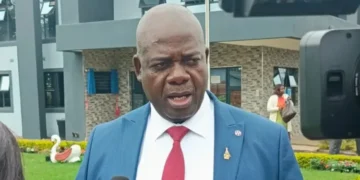
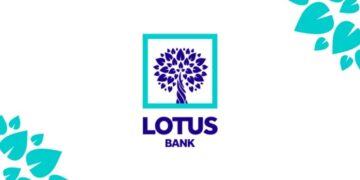


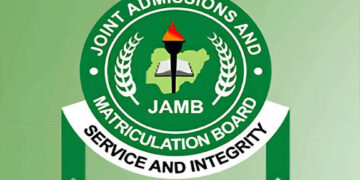























































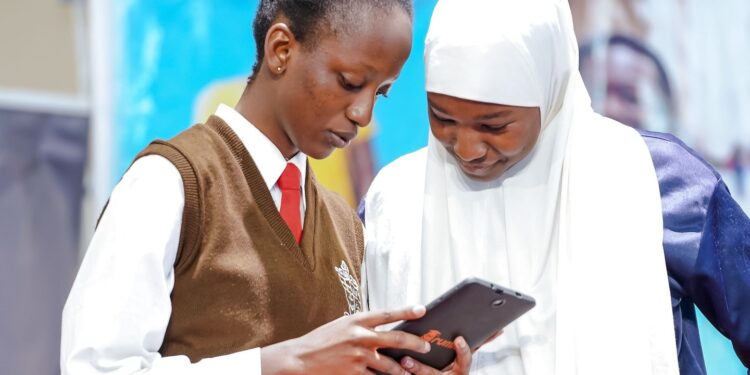







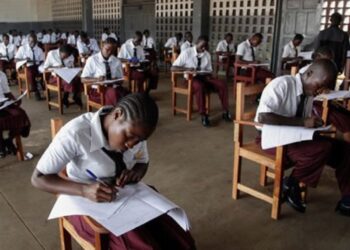












 EduTimes Africa, a product of Education Times Africa, is a magazine publication that aims to lend its support to close the yawning gap in Africa's educational development.
EduTimes Africa, a product of Education Times Africa, is a magazine publication that aims to lend its support to close the yawning gap in Africa's educational development.